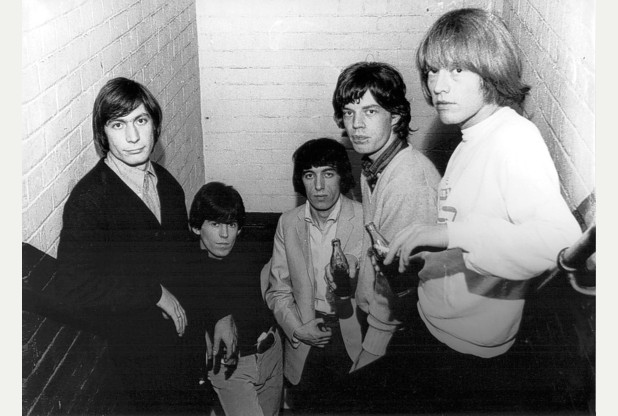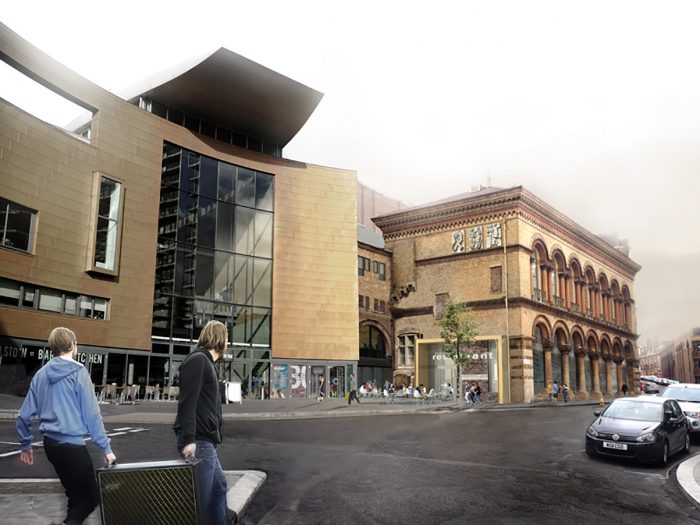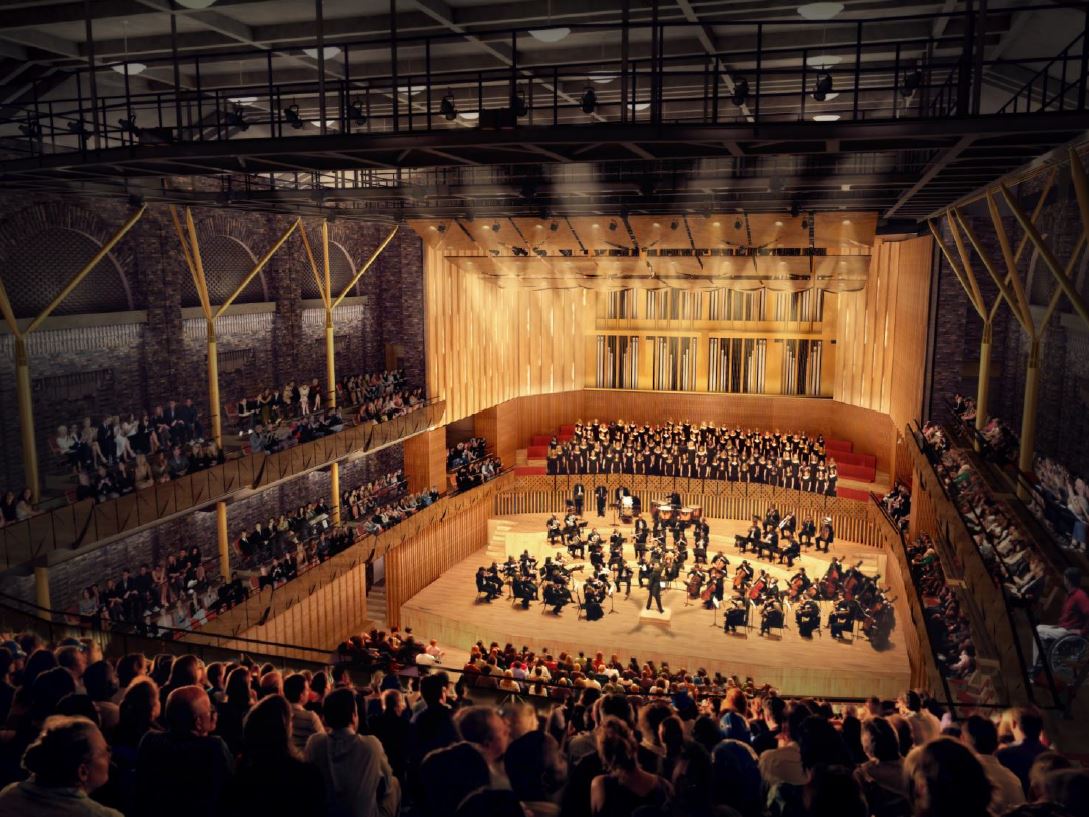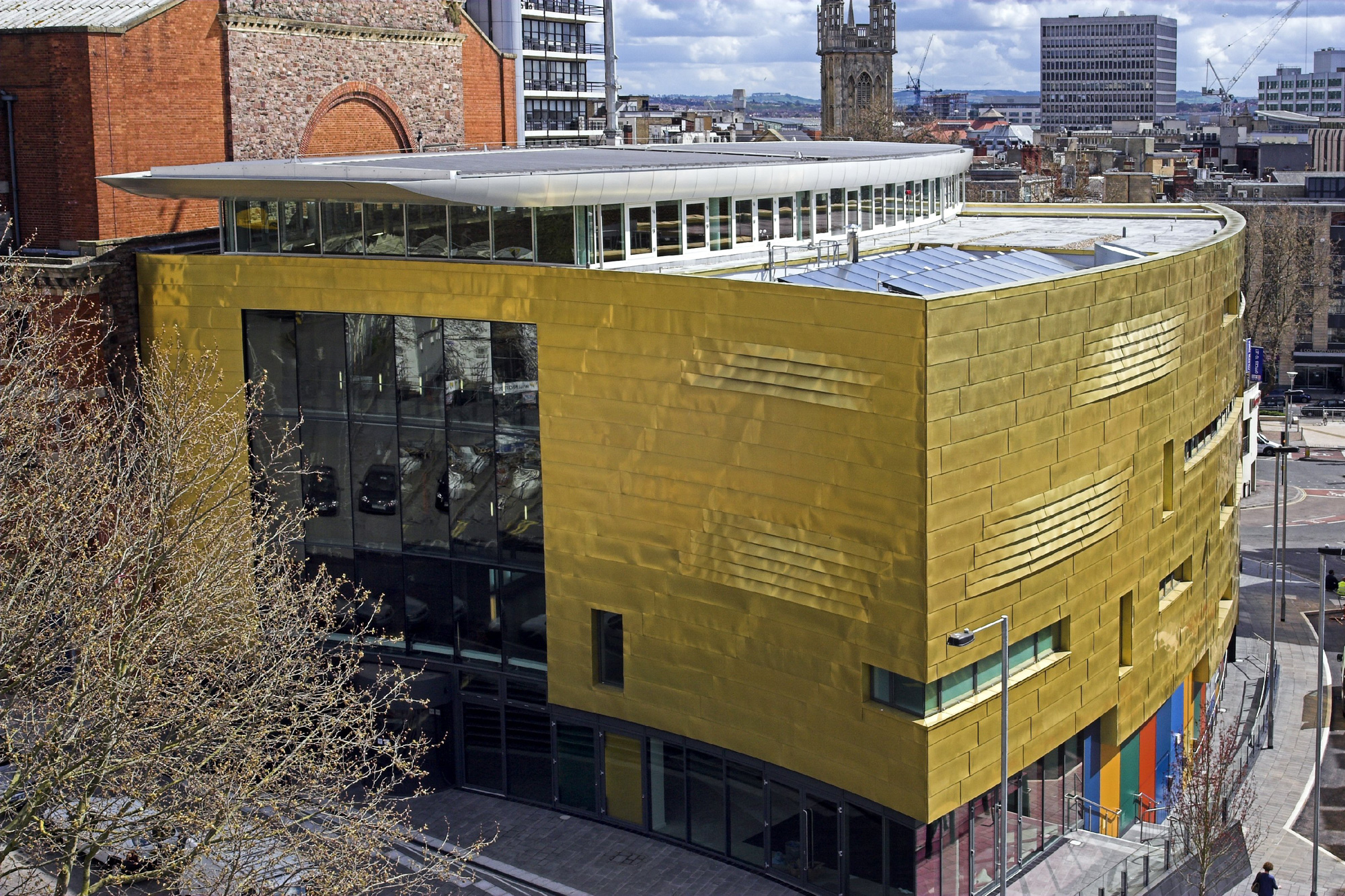Willmott Dixon underlined its role as one of the UK’s foremost regenerators of Grade Two listed heritage and leisure facilities by being chosen for the £49m second phase transformation of the famous Bristol Beacon.

Bristol Beacon opened as a concert venue in 1867 and became one of the most important rock music venues in Britain, hosting acts like The Beatles, Jimi Hendrix, The Rolling Stones (above at Colston), David Bowie, Elton John, Led Zeppelin and Pink Floyd. Now it will host Willmott Dixon as its team deliver a full refurbishment.

The first phase of Bristol Beacon's renewal in 2009 involved constructing the £20 million foyer space, which Willmott Dixon also delivered. The rest of the building has not been refurbished for 60 years, making it the only major concert hall in the UK not to have been redeveloped in recent times.
Now Willmott Dixon will update the remainder of Bristol Beacon in one of the biggest schemes to be procured under the Southern Construction Framework. The scope includes remodelling the Main Hall to increase standing capacity by 15 per cent, transforming The Lantern facility area within the Hall into a versatile performance venue and opening up the extensive cellars for the first time in 150 years – creating a new performance space and education suite.
Work begins in June 2018 and the new Hall will reopen to the public in 2020. During this period, Bristol Beacon will continue a live performance programme using the foyer building which will remain open throughout the work, and other venues and spaces across the city.

It is the latest in a long-line of prestigious heritage venues and buildings that Willmott Dixon is responsible for breathing new life into. The company is currently transforming the east wing of Alexandra Palace as well as the Old Admiralty Building, an iconic London landmark that is a background to the annual Trooping the Colour.
This is the latest project for Willmott Dixon in Bristol, where it currently has more than £75 million of projects live in the city. John Boughton, deputy managing director at Willmott Dixon and based in the company’s Bristol office, said: “We were incredibly proud to have constructed Bristol Beacon’s new Foyer nearly ten years ago so are excited to be back delivering this amazing transformation that will make it one of the UK’s best venues for entertainment. With our strong Bristol presence, we’ll use local companies whenever possible to grow opportunities for employment, and our site team are looking forward to being able to watch the exciting acts that will be attracted to the transformed Bristol Beacon.”
Bristol Music Trust is the organisation that runs Bristol Beacon and it is owned by Bristol City Council. Louise Mitchell, chief executive of Bristol Music Trust said: “The Hall hasn’t been updated since it opened in the 1950s, so it’s long overdue a transformational refurbishment that will give Bristol and the South West a world class venue to be proud of.”

Phil Gibby, area director, South West, Arts Council England, commented: “Bristol Beacon is a true cornerstone of Bristol’s cultural life and its transformation will have wide benefits across the city and beyond, both culturally and economically.
“The development will further establish Bristol Beacon as a world class music venue but also support Bristol Music Trust’s aspirations to become the first ever National Centre for Inclusive Excellence for young musicians with special education needs and disabilities.”
The detailed plans for the transformation have been created by architects Levitt Bernstein.
Bristol Beacon phase two transformation programme includes:
- Transforming the Main Hall and increasing standing capacity by 15 per cent, with major changes to the stage and equipping it with international standards of acoustics and comfort, including new air conditioning and flexible seating for disabled people
- Transforming The Lantern into an elegant and versatile performance venue with the stunning historic plasterwork sensitively restored
- Creating a programme of over 650 live events each year from 2020, increasing ticket sales by 35 per cent
- Creating 49 additional jobs by 2020-2021
- Opening up the historic cellars for the first time in 100 years to create a cabaret style performance area and education suites for lifelong learning
- Education suites will include new classrooms and a technology lab, providing an inspiring base to educate 30,000 children every year and increasing music making sessions by 75 per cent. It will also house the National Centre for Inclusive Excellence, providing music making opportunities for young people with Special Education Need and Disabilities
- Restoring the historic foyer and reinstating the decorative Colston Street frontage
- Breathing new life into Colston Street’s public realm by opening up the Byzantine colonnades and restoring the building’s 150 year old historic façade
- Exceeding national accessibility requirements for disabled people and creating an Attitude is Everything GOLD standard accessible building for performers and audiences alike from 2020
